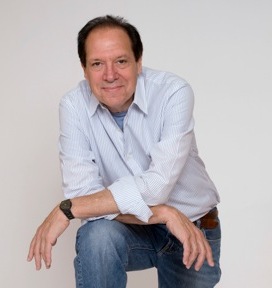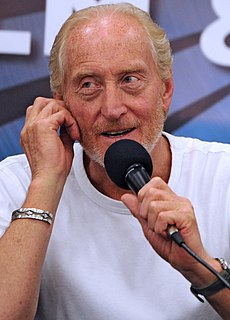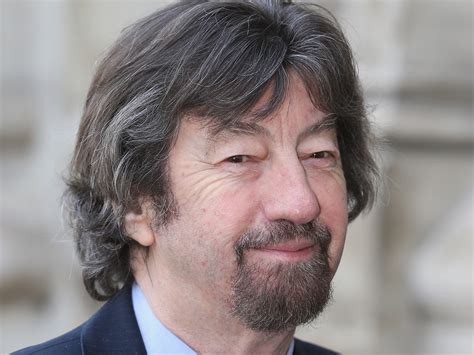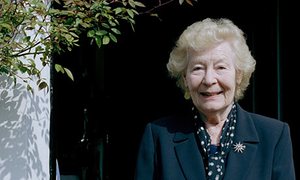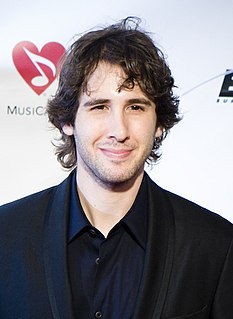A Quote by Ken Ludwig
Shakespeare is God, of course. I have studied his plays for the vast majority of my sentient life. When I was a kid, my parents found an old copy of the LP recording of Richard Burton in John Gielgud's Broadway production of Hamlet and they gave it to me for my birthday. I listened to it till the grooves wore thin and I was off and running.
Related Quotes
When I was prepping for my Broadway debut as Romeo, it really hit me that I had never done that. I had trained at drama school for three years in my late teens to early 20s, and I'd studied Shakespeare, of course, but I hadn't actually performed it. So to do something like Romeo for my first Broadway role was a challenge.
If you don't go to Broadway, you're a fool. On Broadway, off Broadway, above Broadway, below Broadway, go! Don't tell me there isn't something wonderful playing. If I'm home in New York at night, I'm either at a Broadway or an Off Broadway show. We're in the theater capital of the world, and if you don't get it, you're an idiot.
After I left Yale, we were all doing these mad plays off - off Broadway. And I got back to that feeling I had from college, of everyone making up in front of one cracked mirror, which is what I loved - the scrappy theater idea. I think off-off Broadway healed me, made me an actor again, and I was in so many different crazy shows.
The problem with the Jude Law "Hamlet" was simply that it wasn't unpredictable, that it was a very down-the-center modern production. You wouldn't go to the theater expecting to see an old-fashioned "Hamlet" where everybody wears an old fashioned costume. You don't get points for putting on a "Hamlet" where everybody dresses in black. I've seen that one several times. But again, it's not that it has to be new, it simply that it has to be different, fresh, that it doesn't bore, that it doesn't make me - I don't feel as I'm watching it that I know where it's going to go.
I changed my major to English and I went off to Fort Collins. And within the first couple of weeks, I noticed that they were having auditions for a production in their theater department. They were going to stage Jean Anouilh's Becket, which was a film I loved, with Peter O'Toole and Richard Burton. So I went down and auditioned, and I got the role. I got the Peter O'Toole part. So here I was, a 19-year-old playing King Henry.
Al-Hallaj has a special destiny. He came at a time when worldliness, the luxury, were inundating the Islamic world. His function was to act as kind of an antithesis to this, and he paid for it with his life, and he was very happy to do so. He smiled as he went to the executioner. That was done because it shook the conscience of the Islamic peoples of that time. But the vast majority, the vast, vast, vast majority of Sufis, they have not met the destiny of al-Hallaj. They have spoken about reaching "the Truth" and there is nothing dangerous about it.
